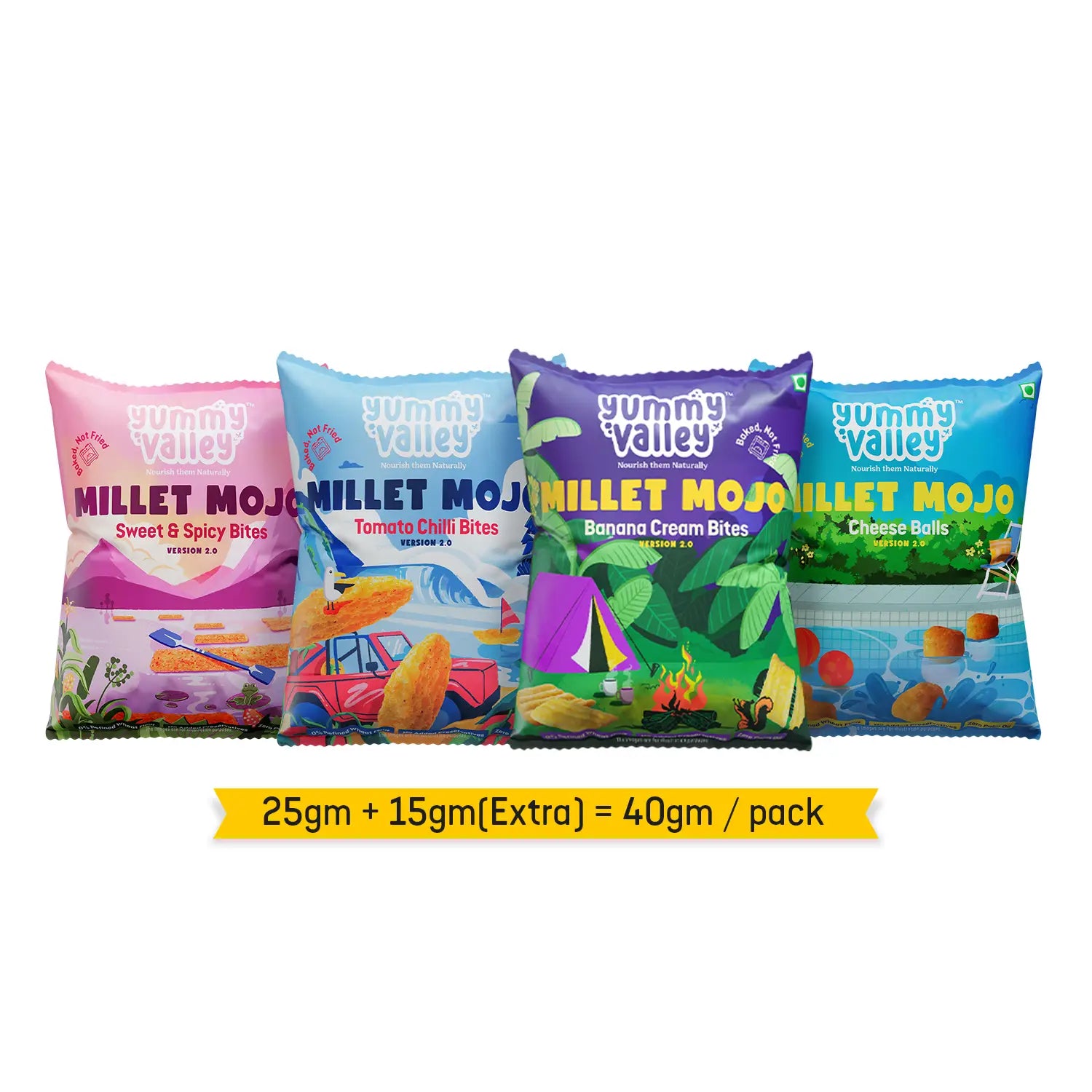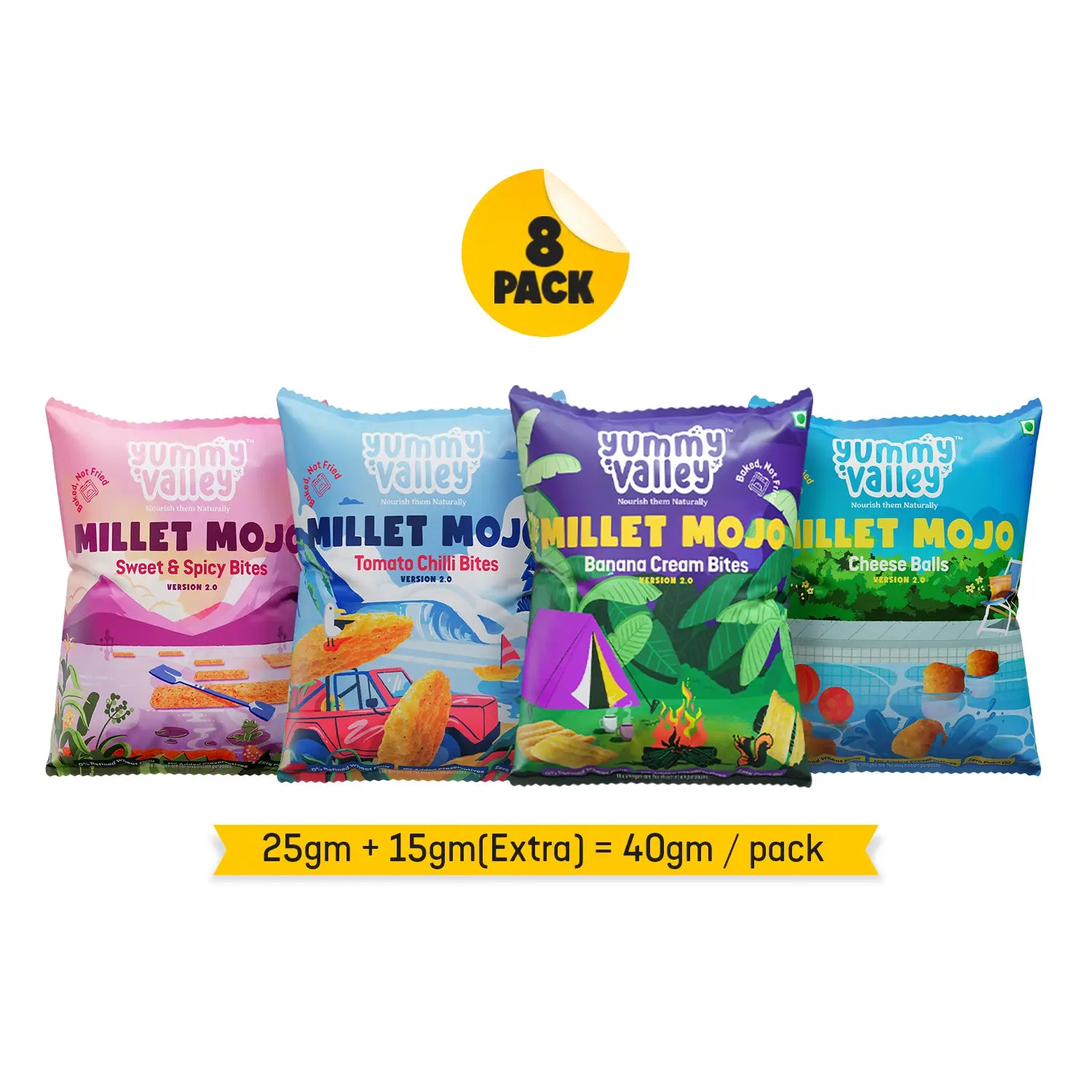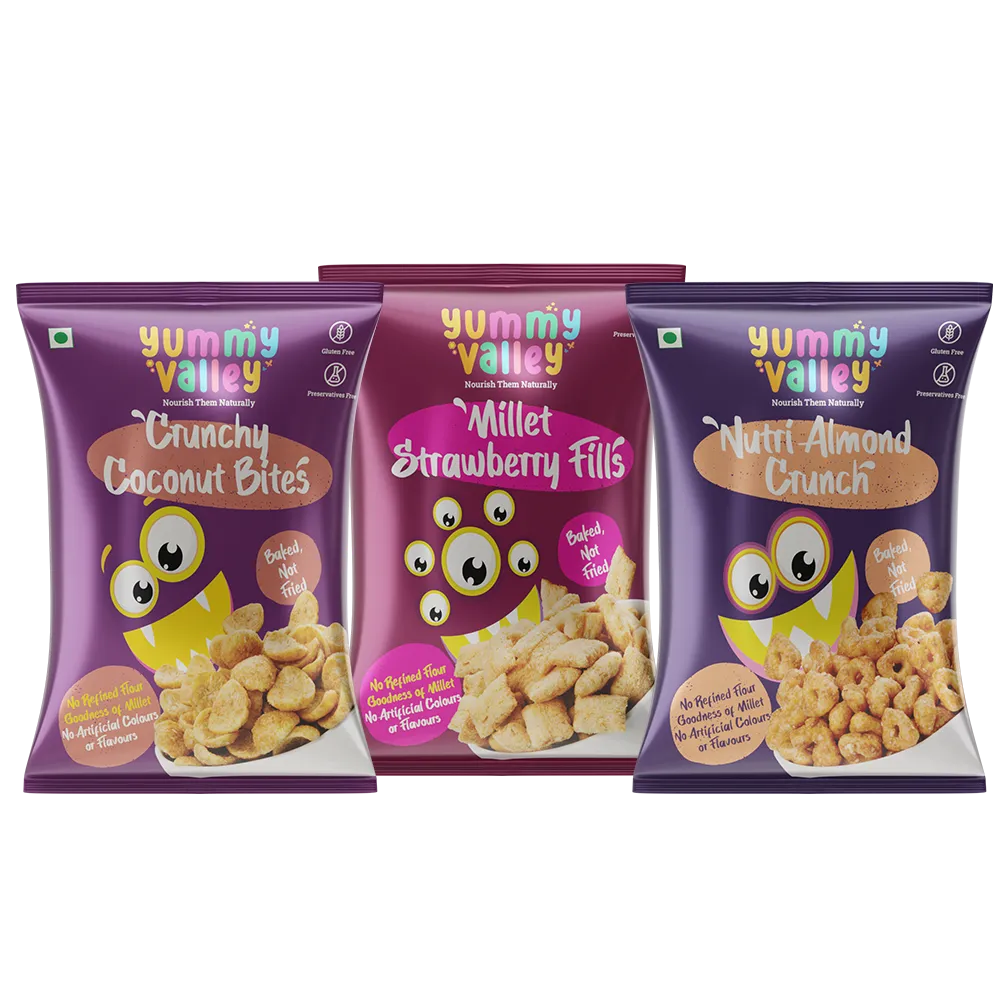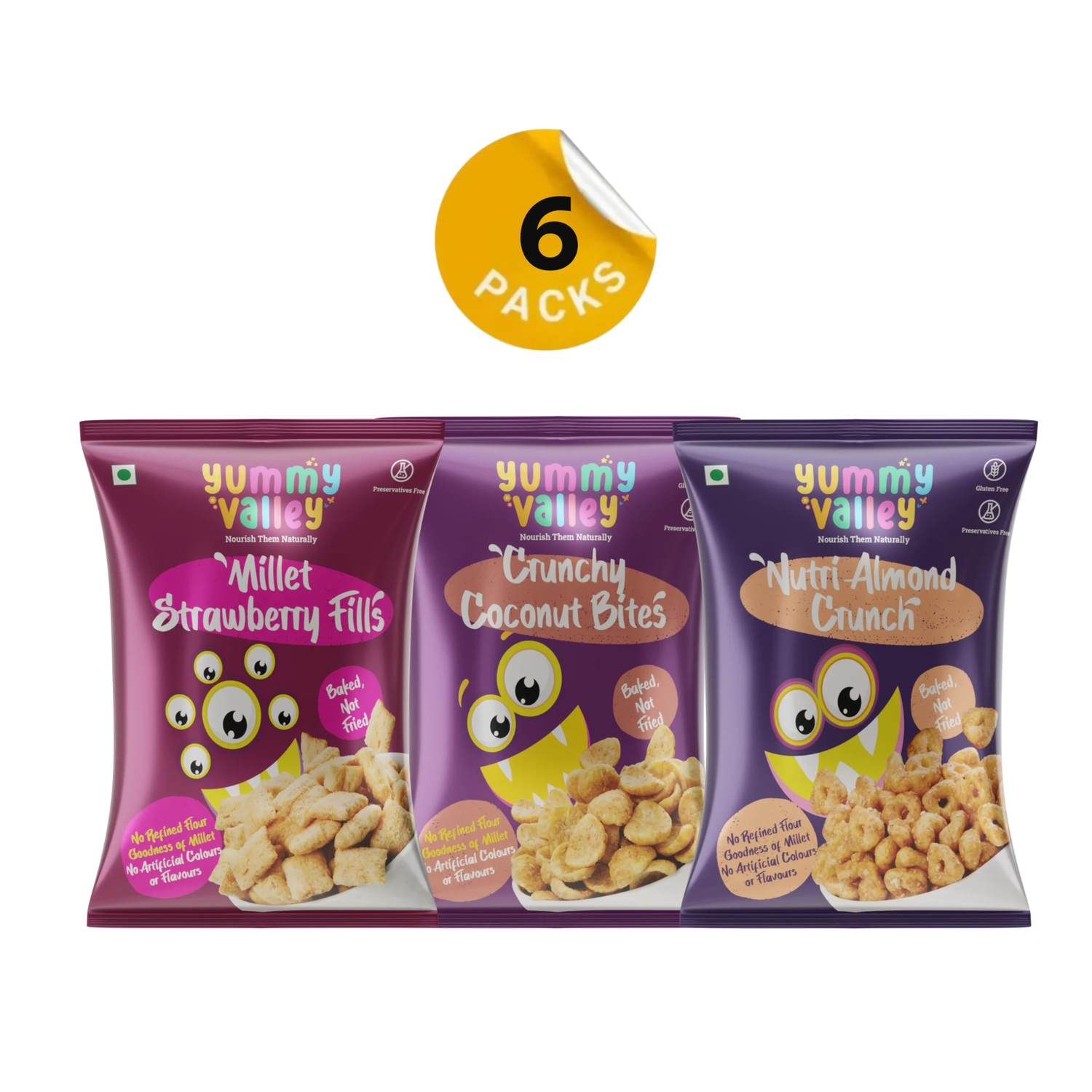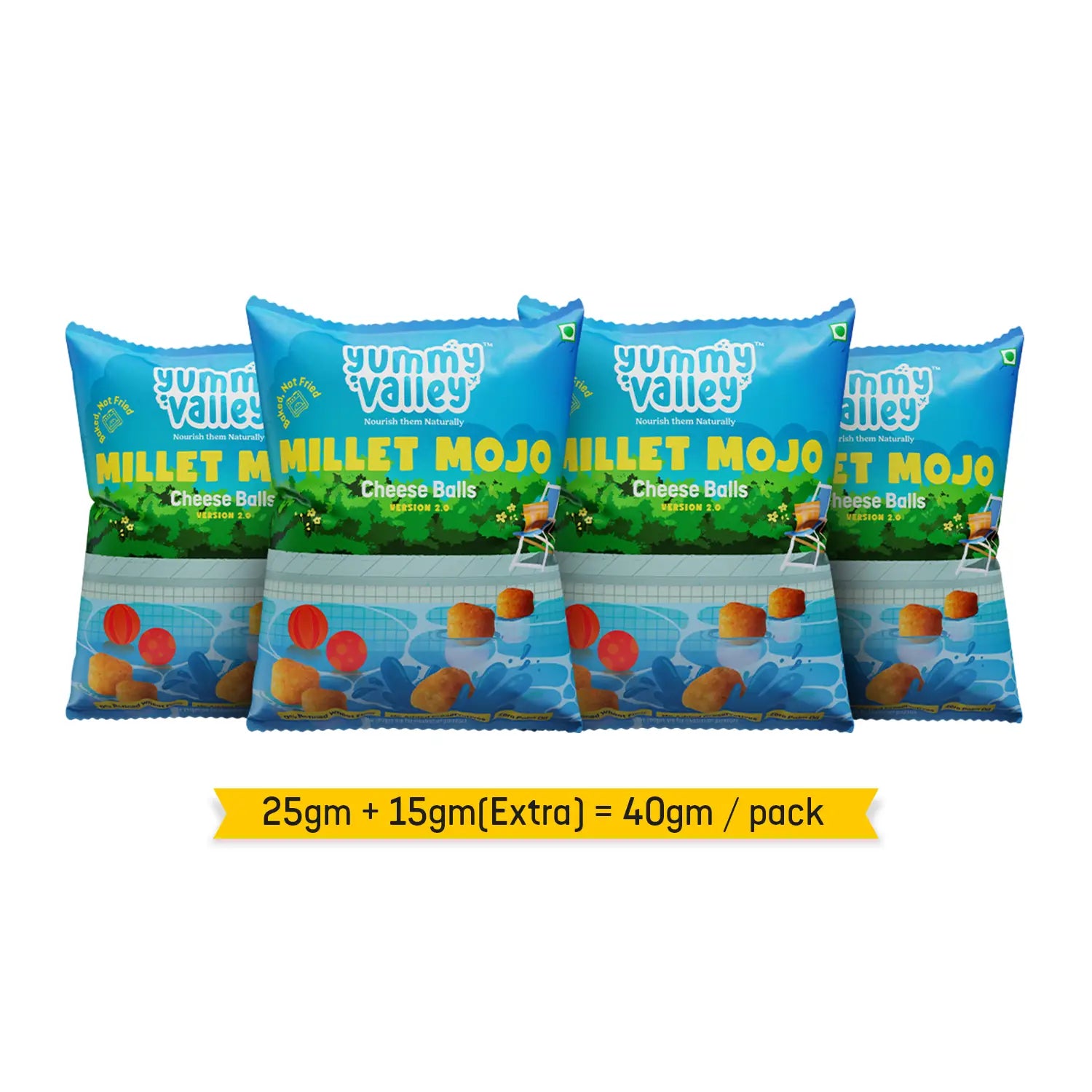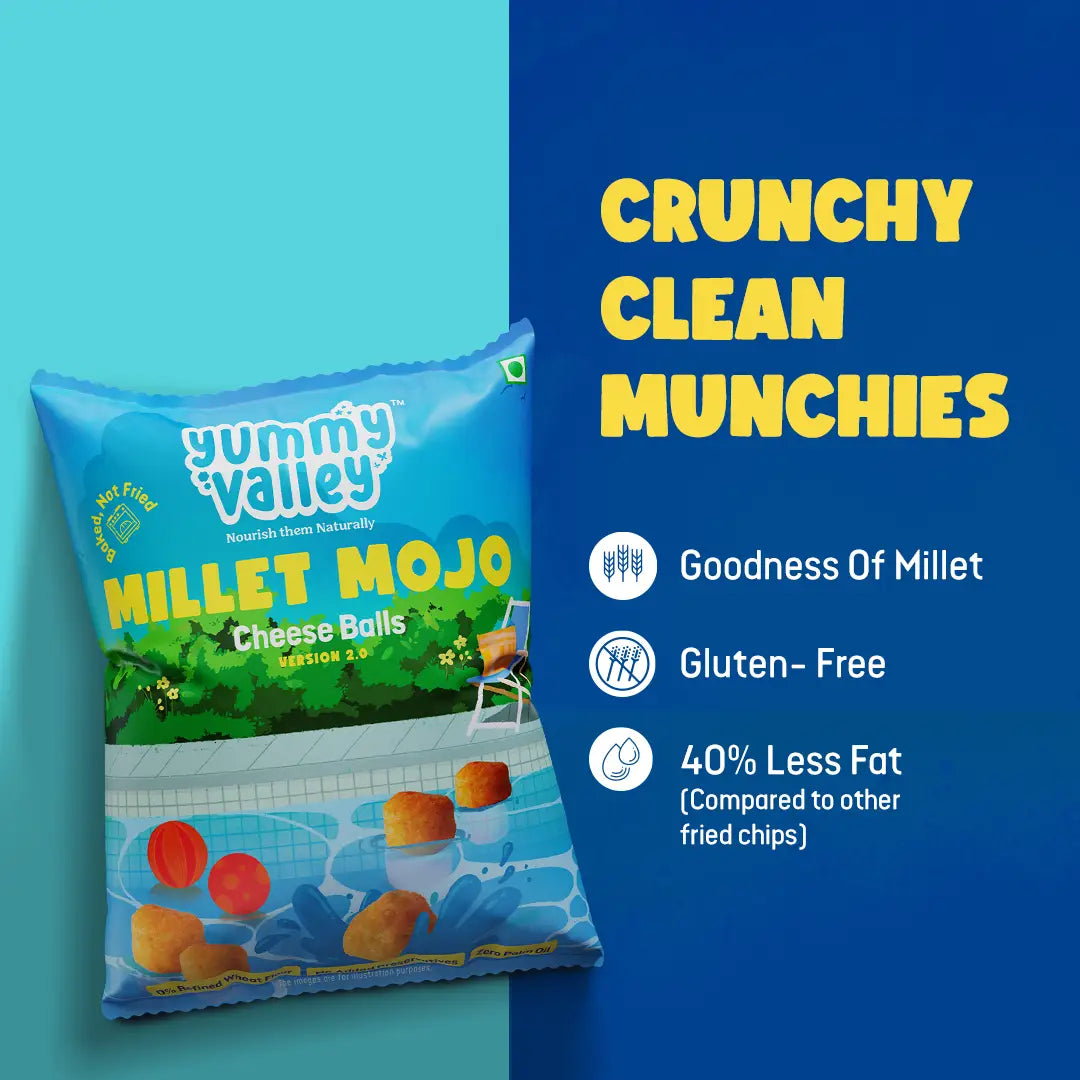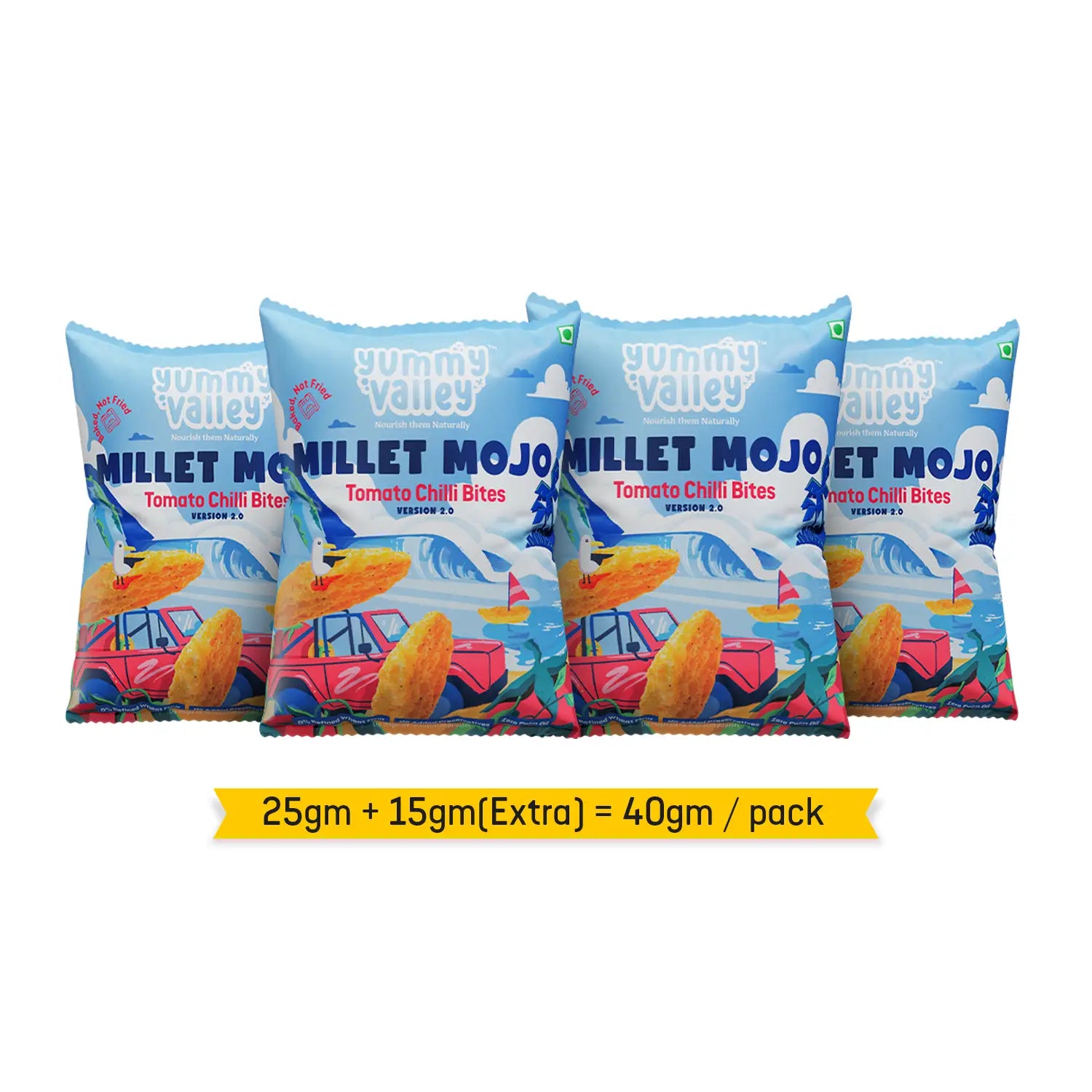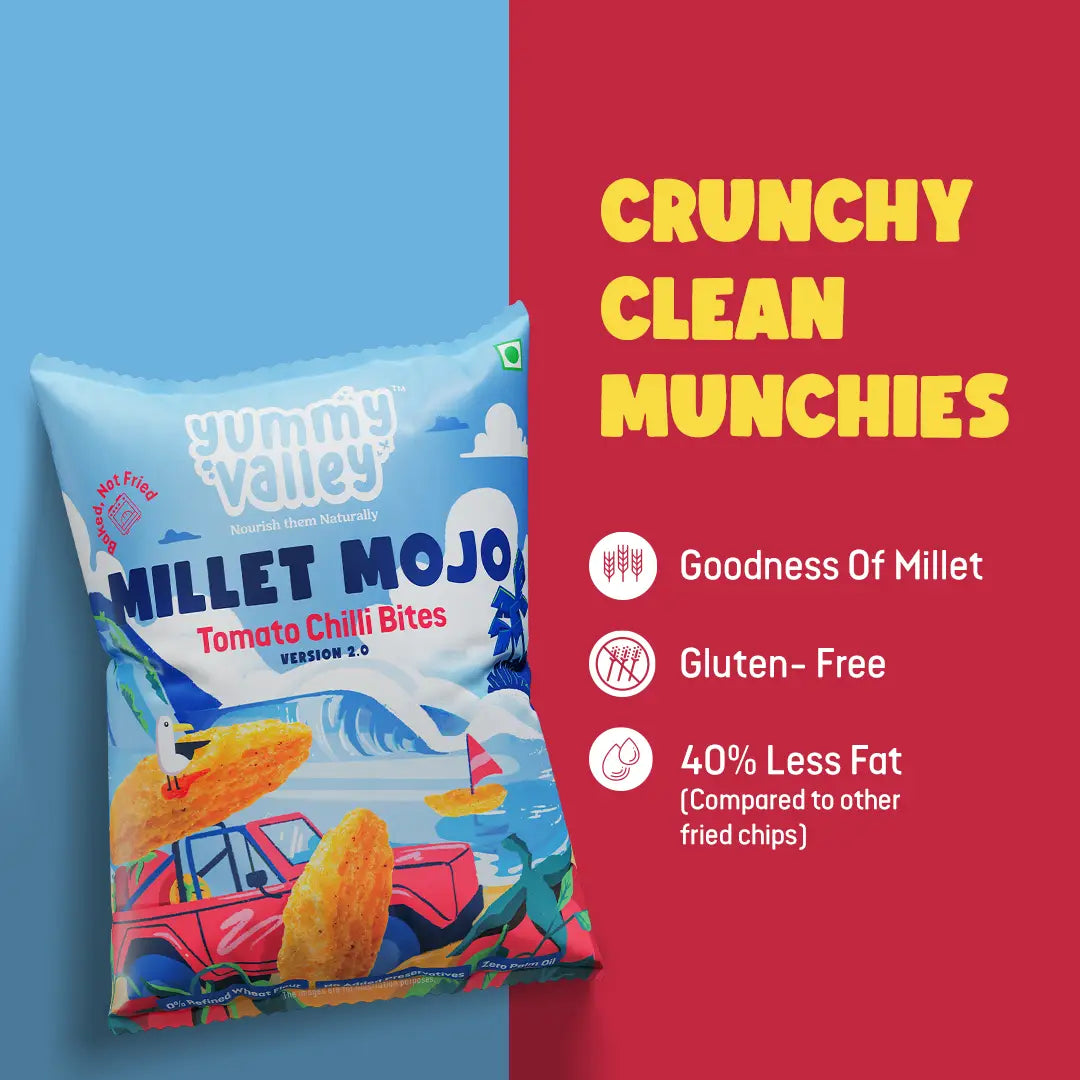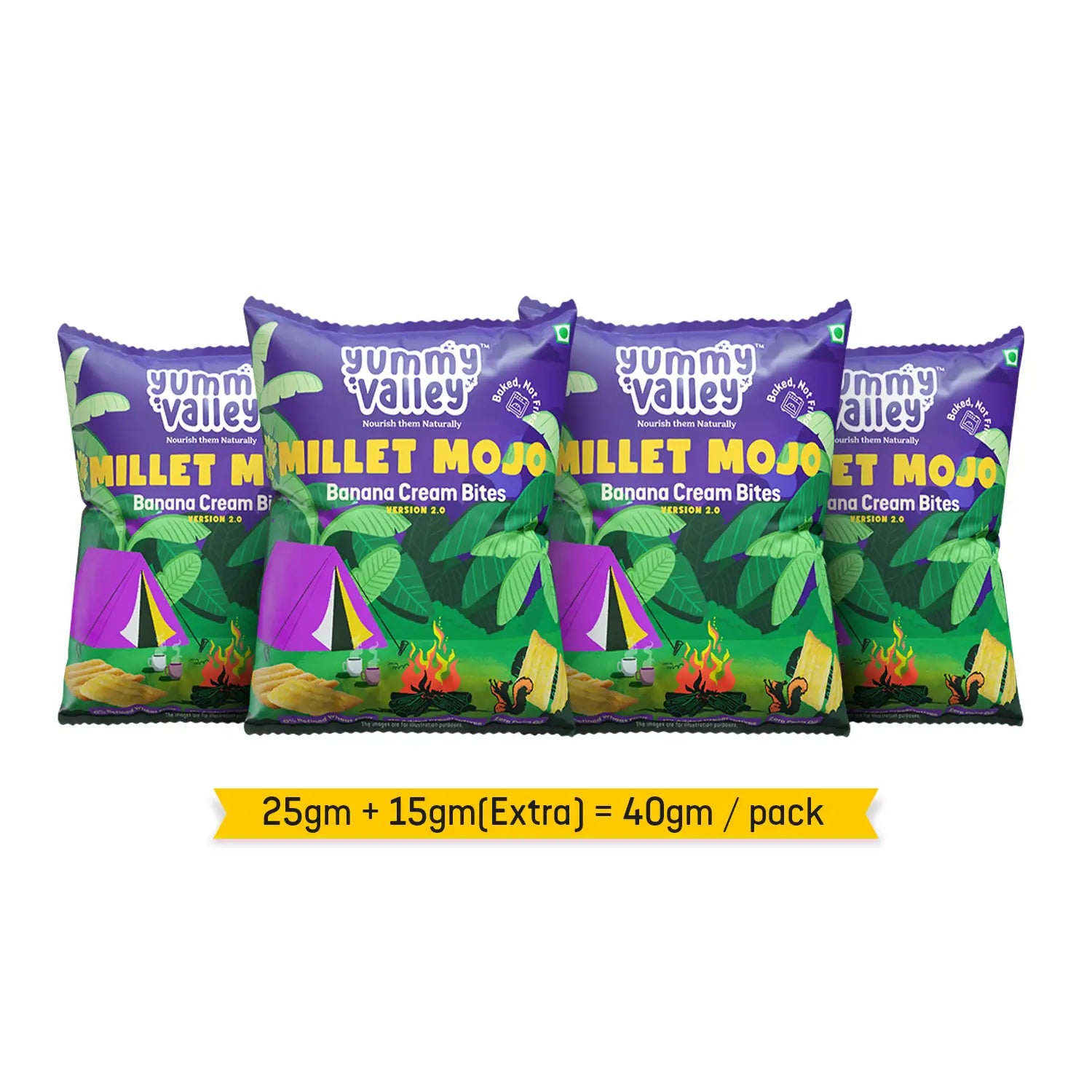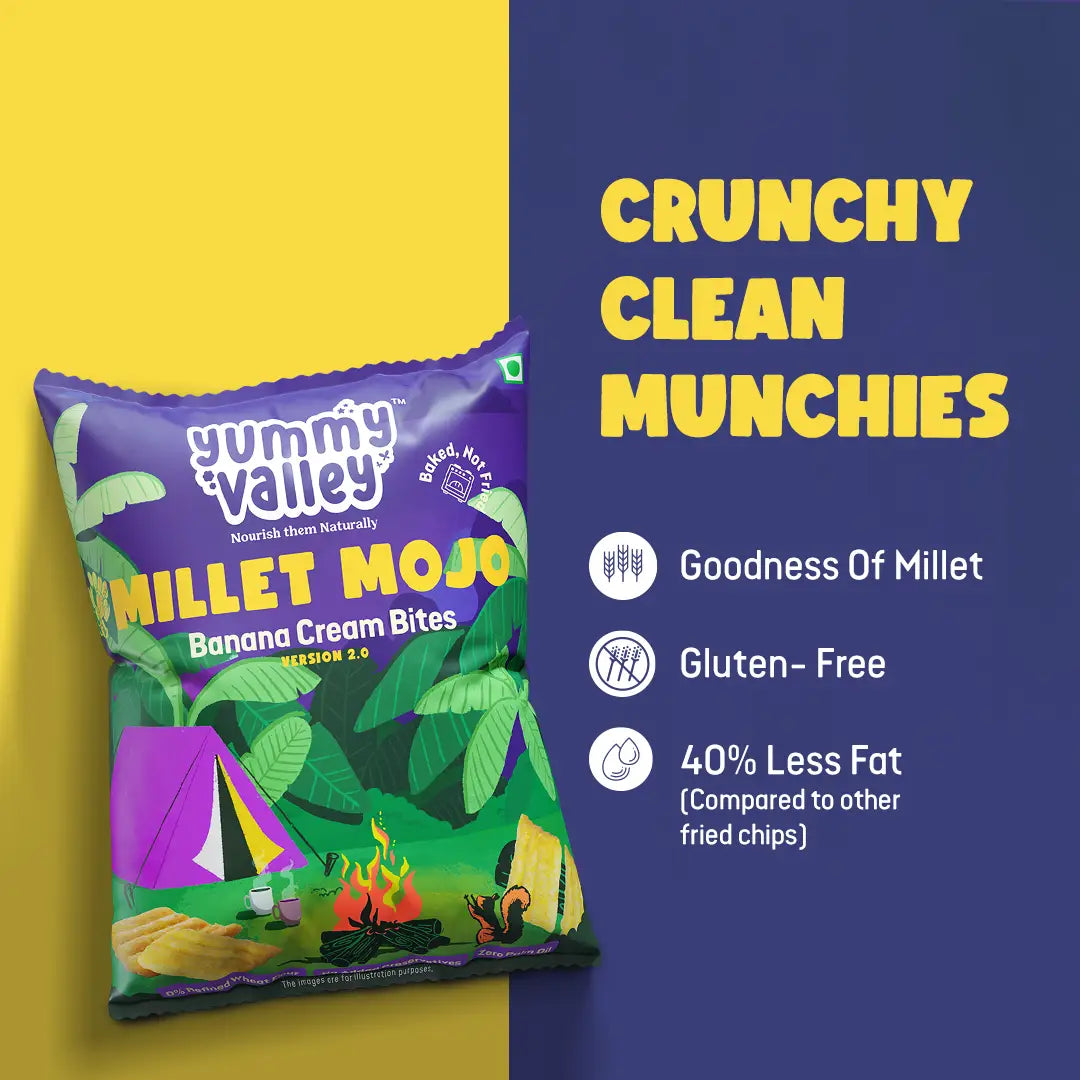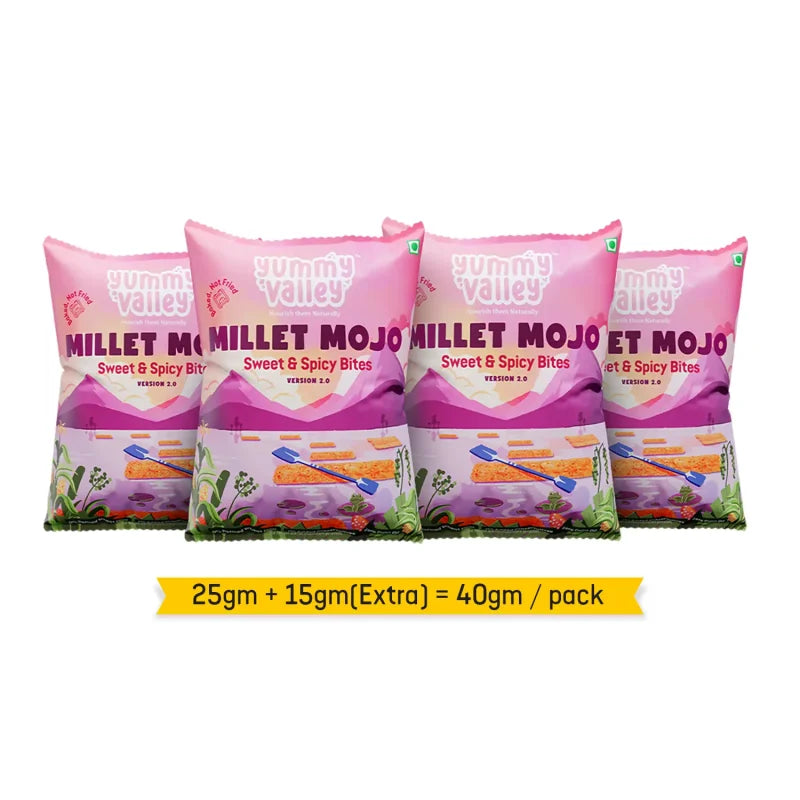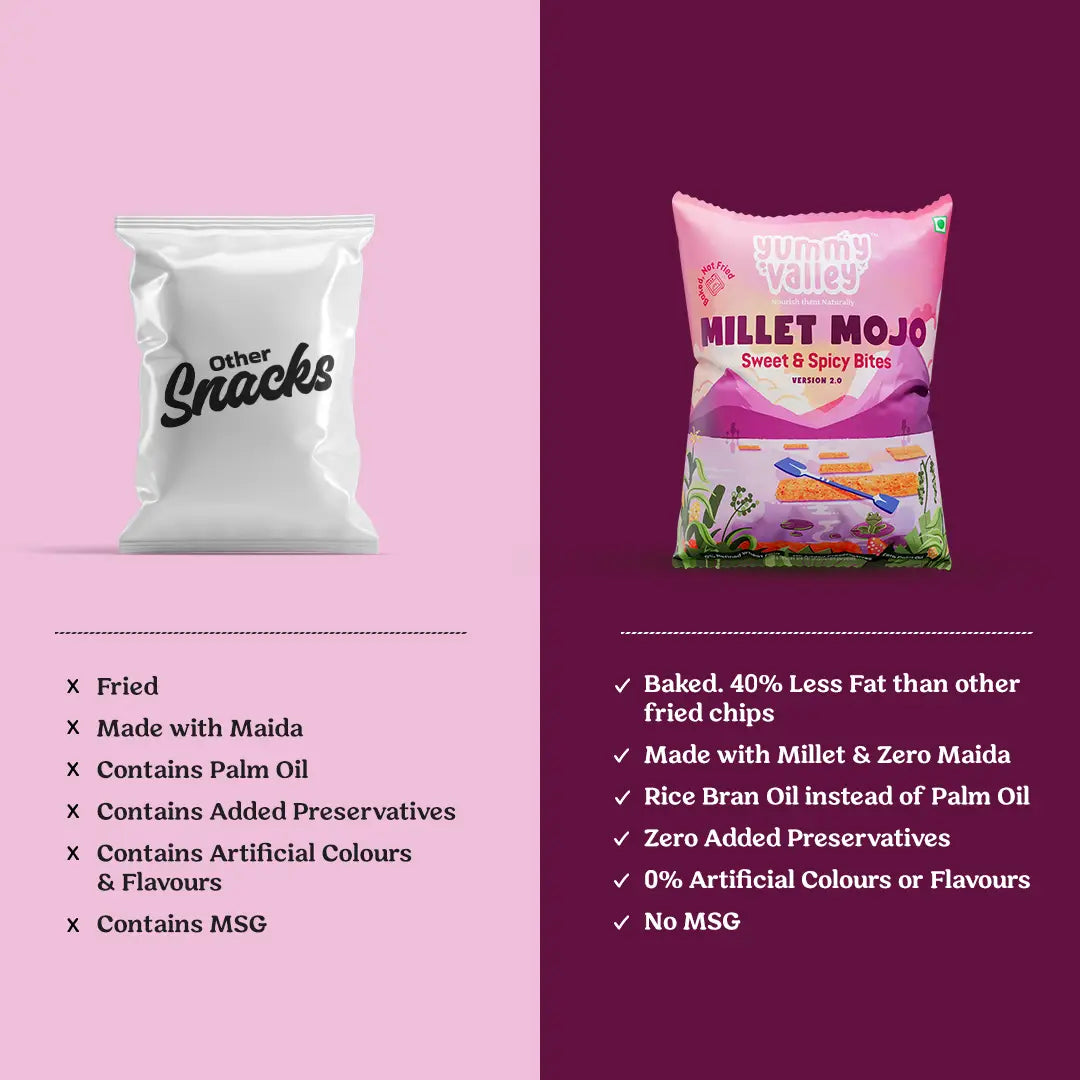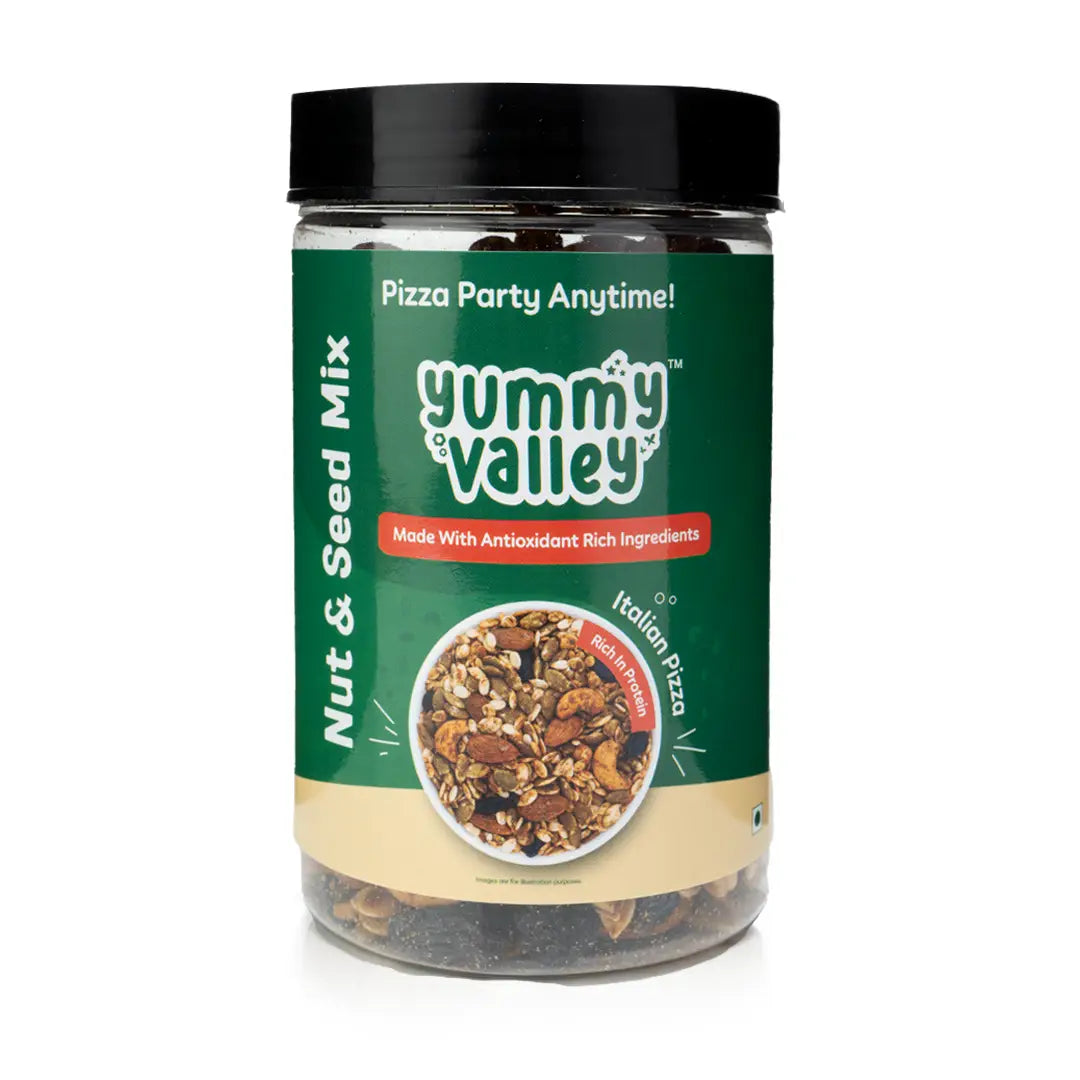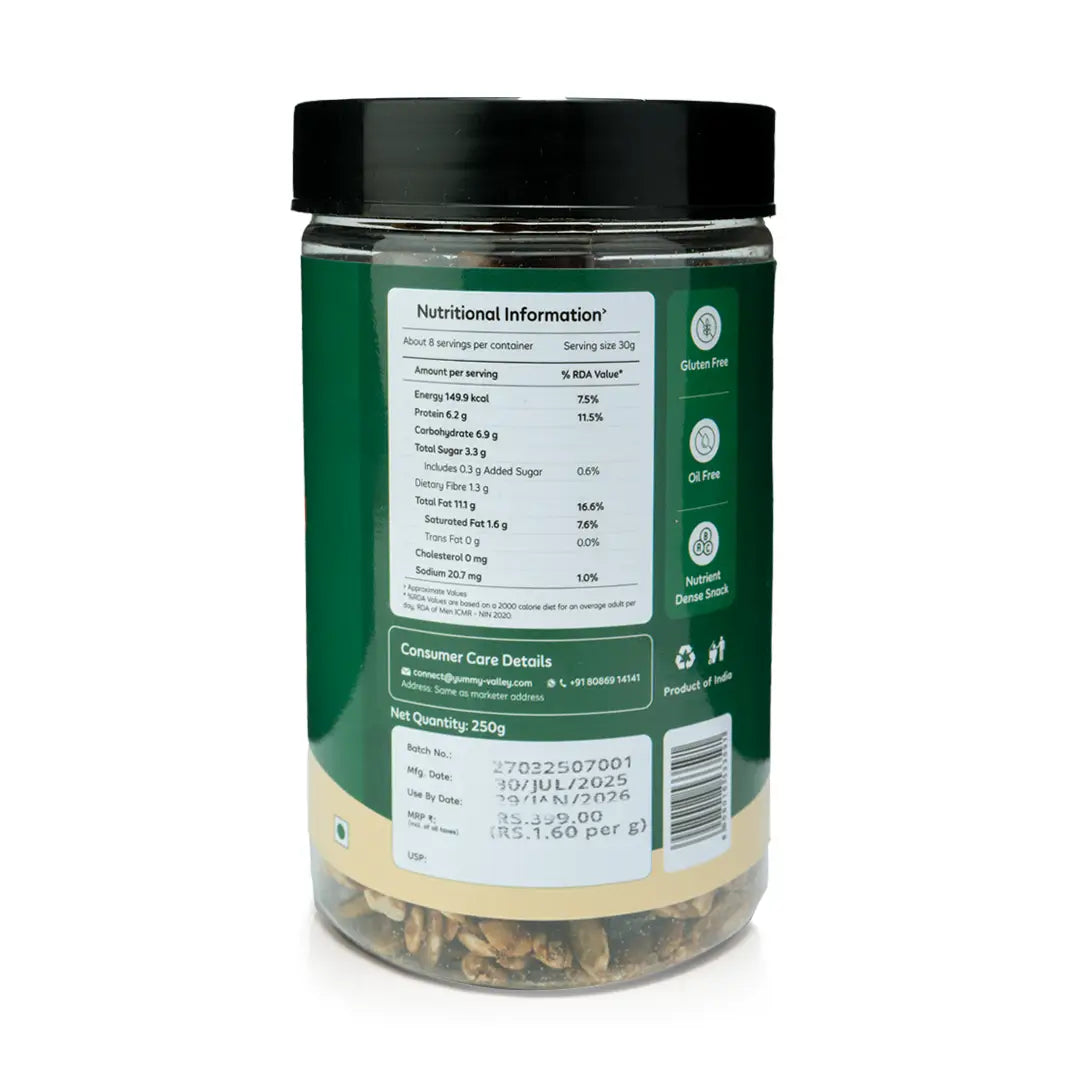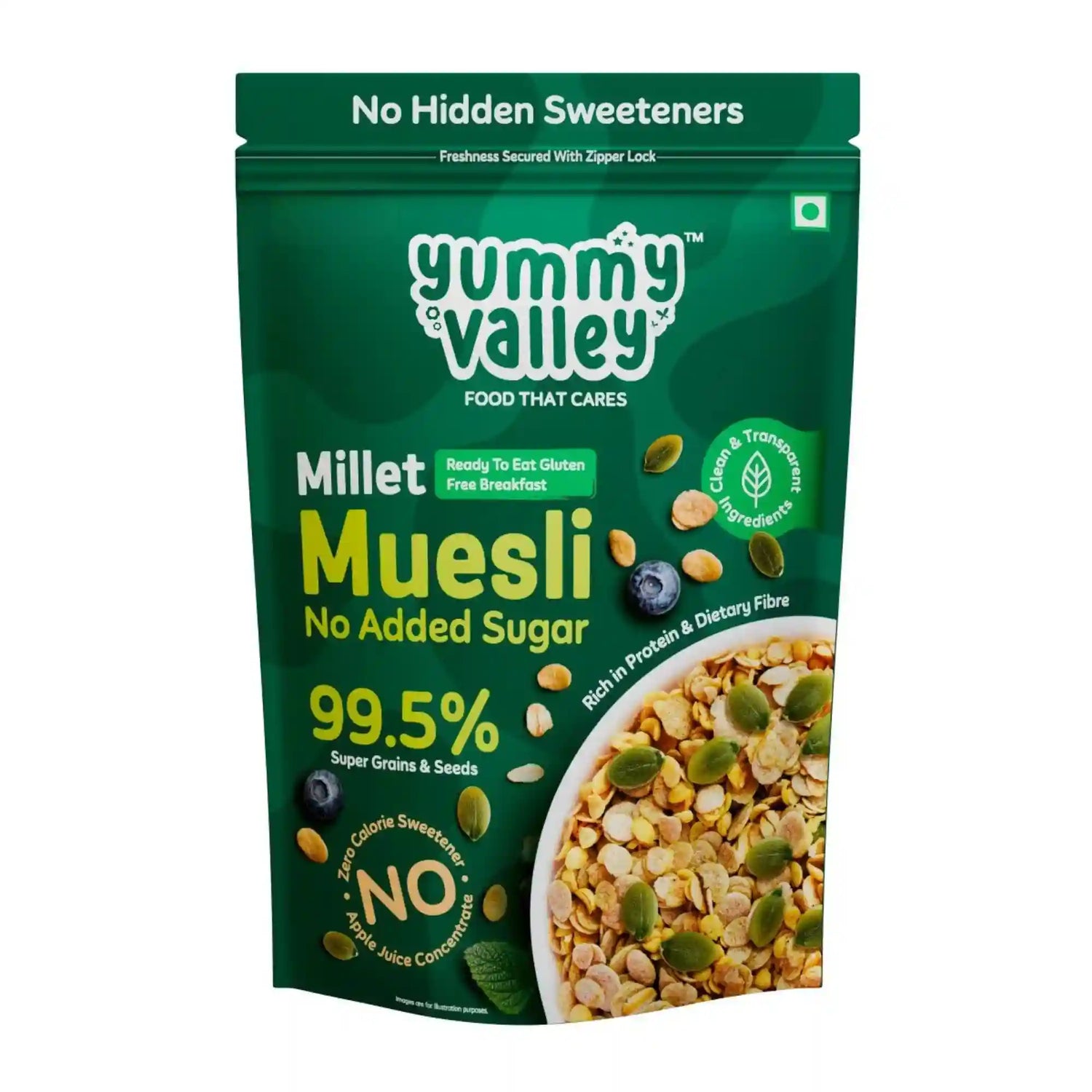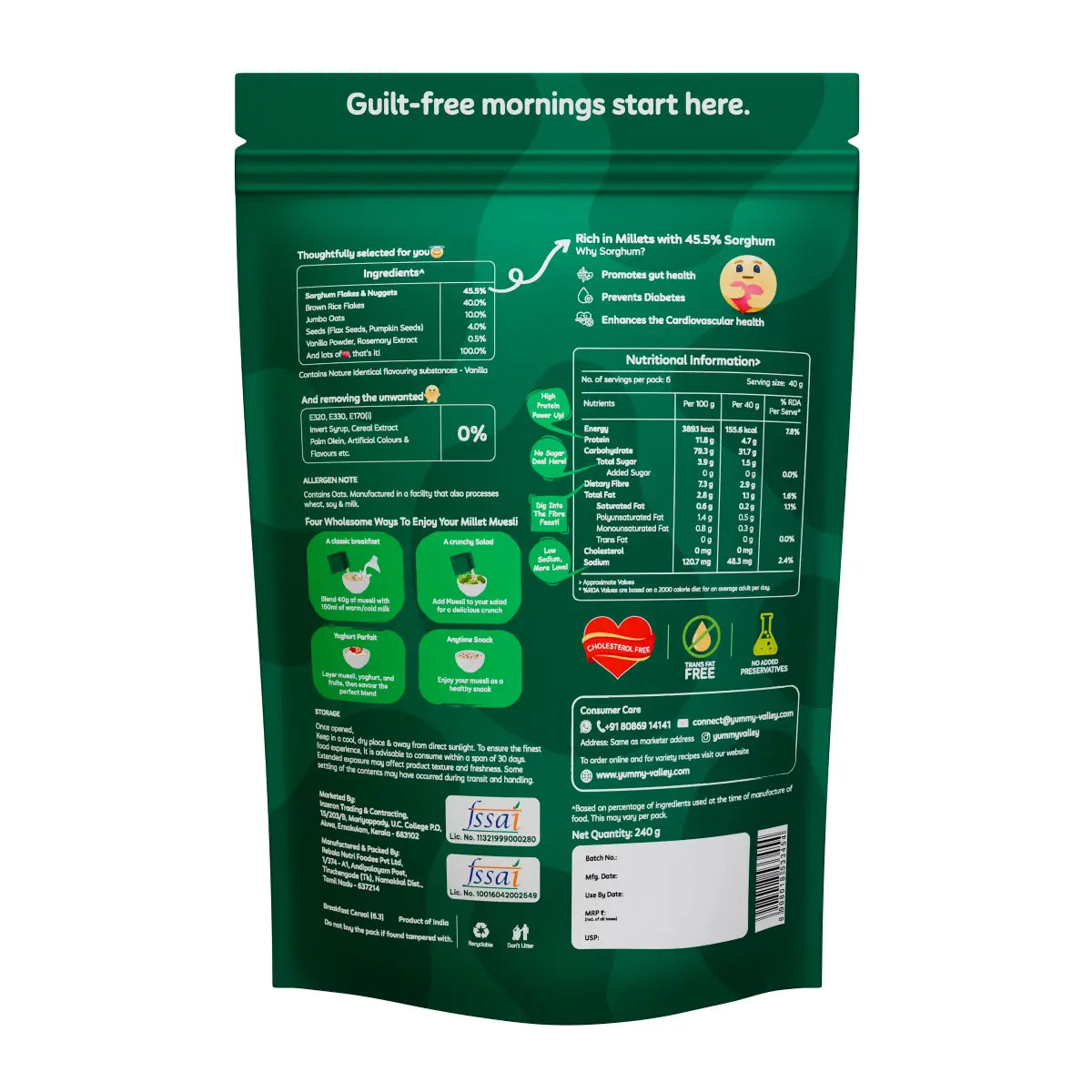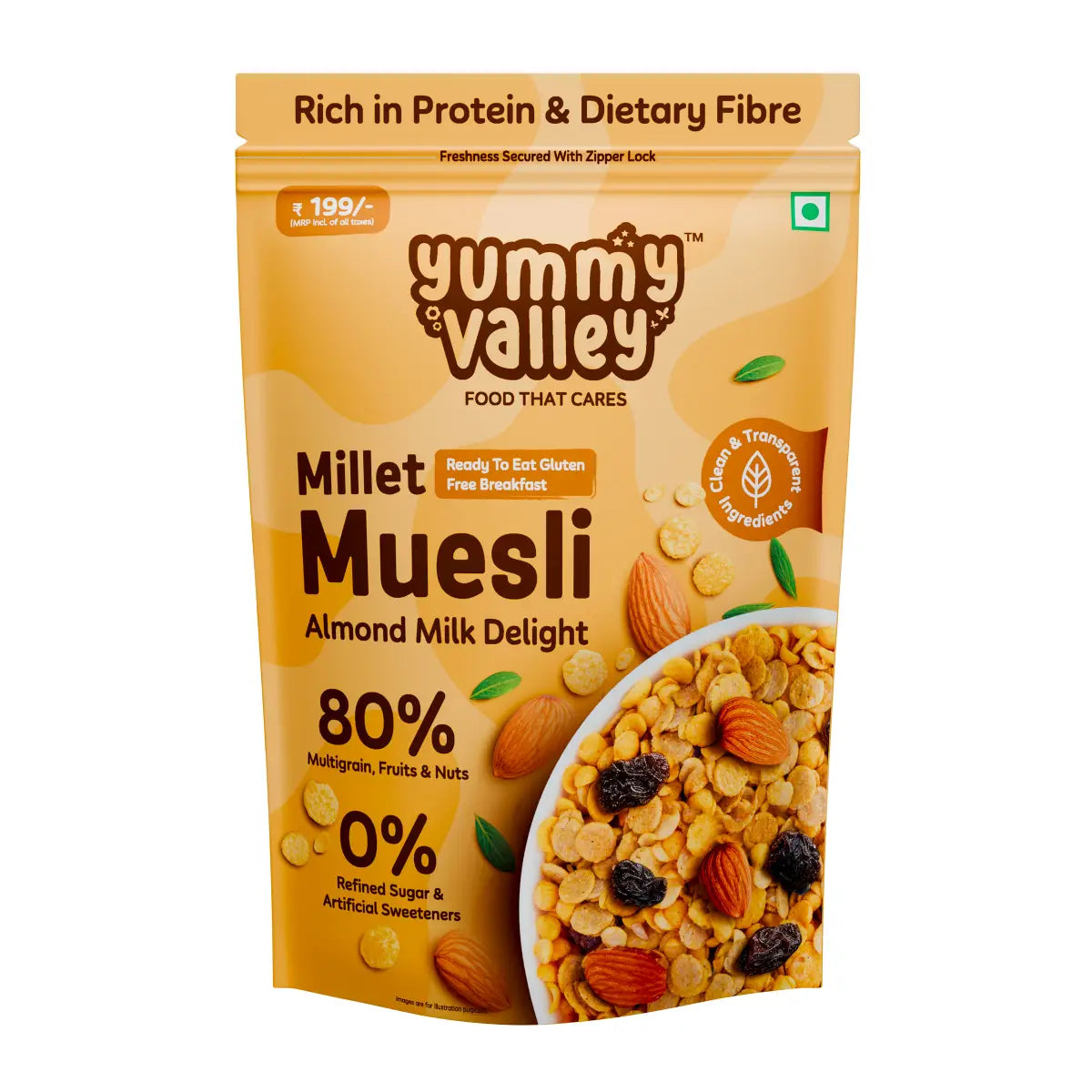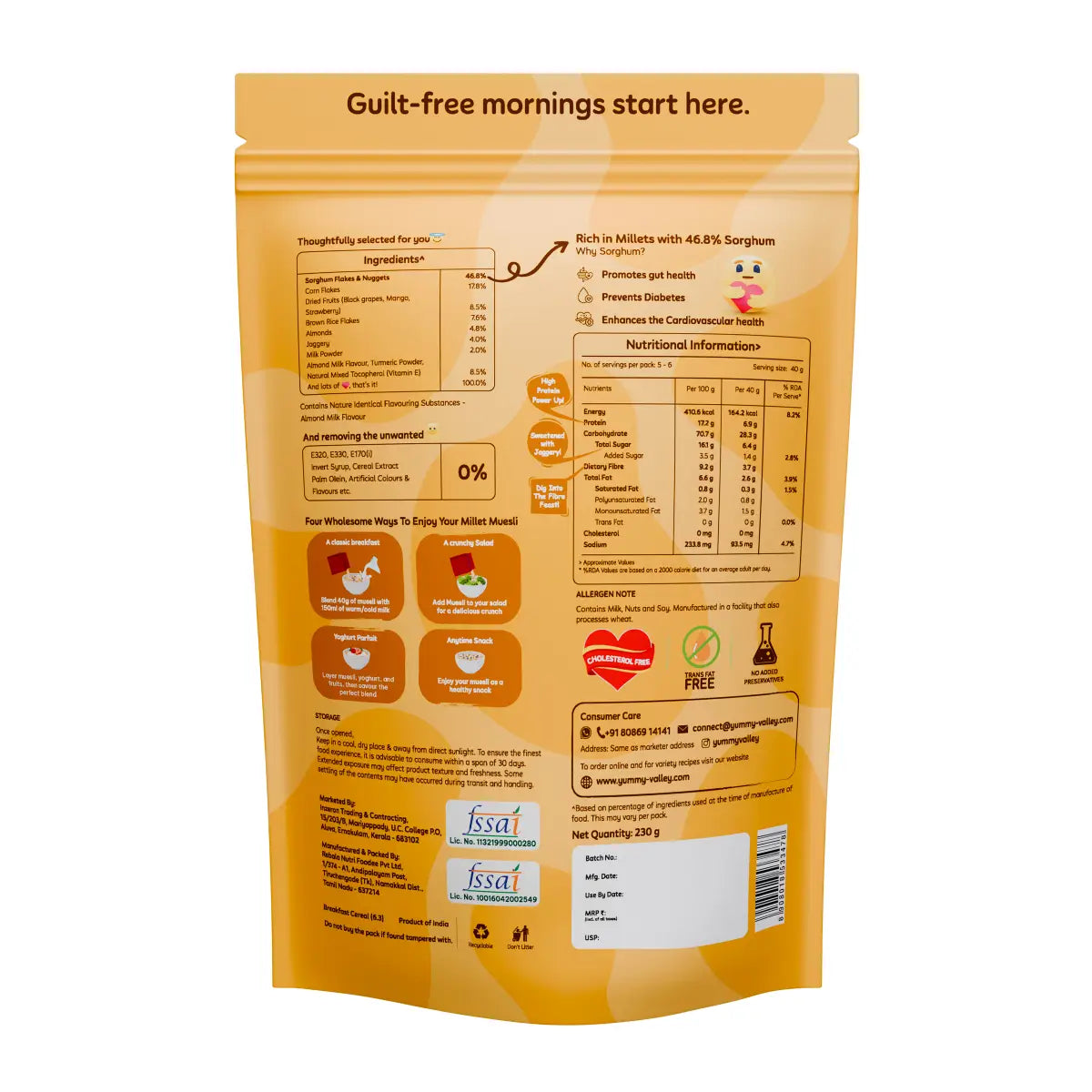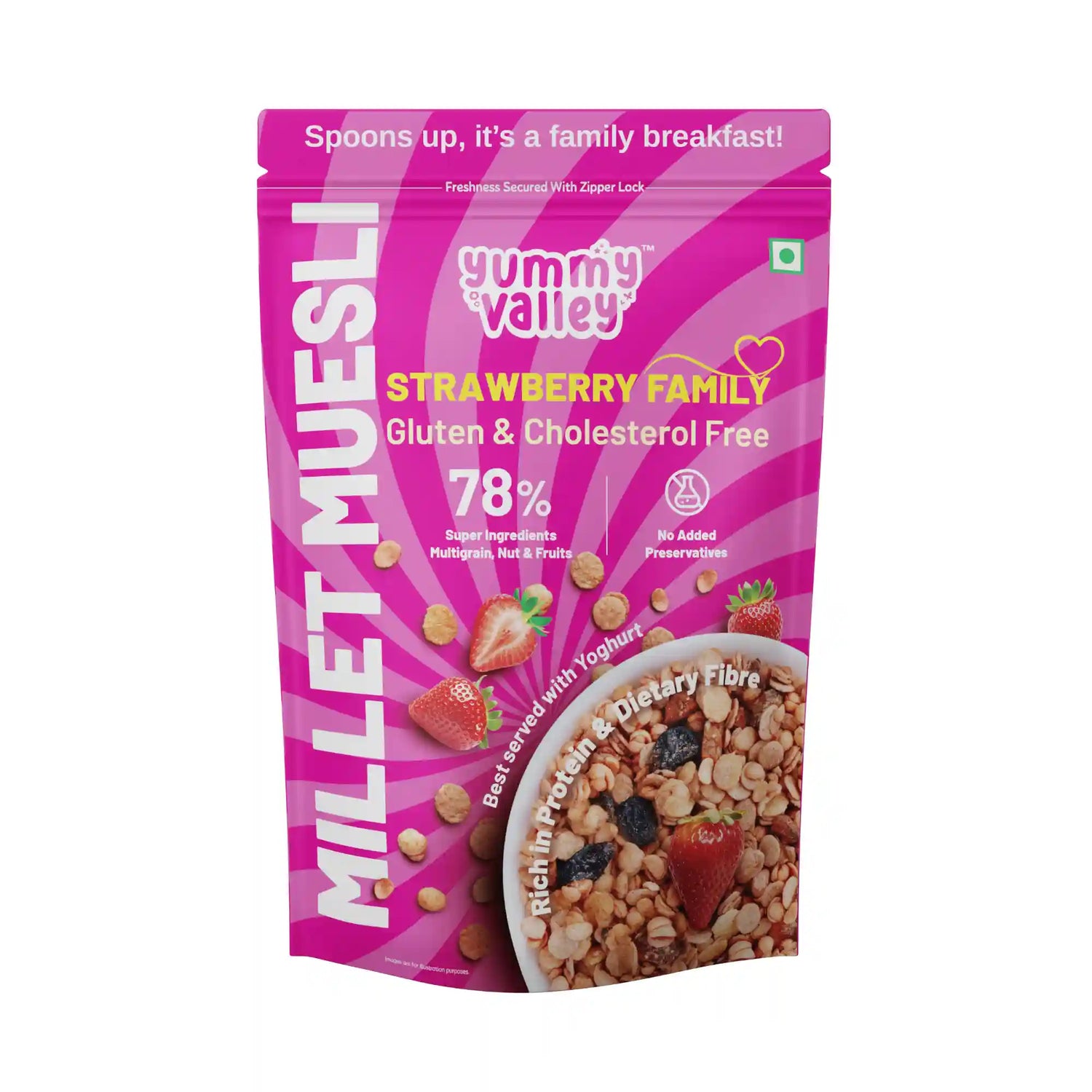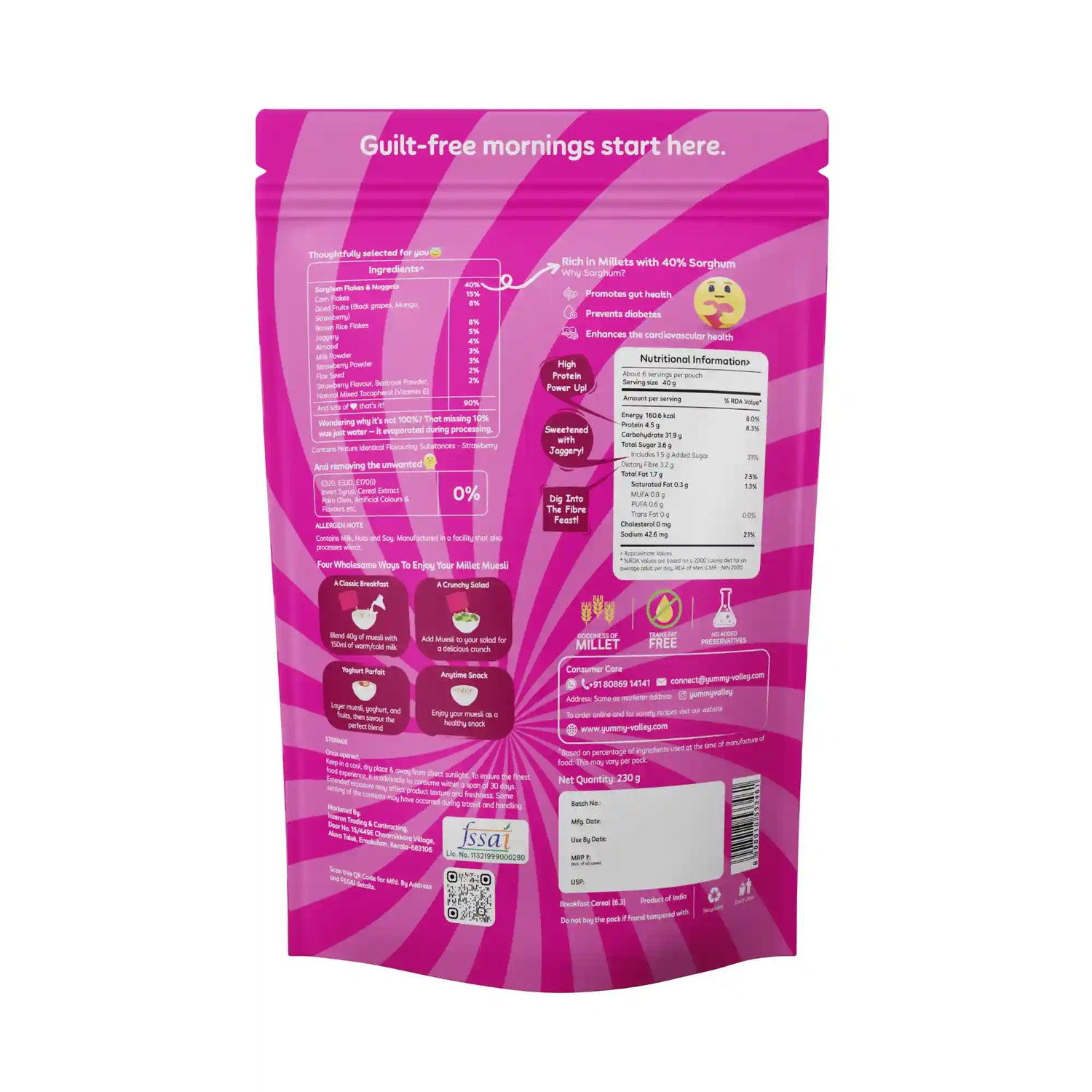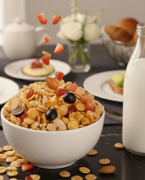Approximately 650 million Indians have Vitamin B12 deficiency and food contributes it greatly. Our stapled foods, dal, roti, rice, and sabzi are hearty foods but do not contain this vitamin in abundance. Plant-based foods are deeply rooted in Indian culture but they lack B12.
That doesn’t mean vegetarians are out of options. Today, there are plenty of ways to include this nutrient in a regular Indian diet, whether through fortified foods or vegetarian ingredients that supply it in smaller amounts.
In this blog, we’ve put together 10 Best Indian Vegetarian Food For Vitamin B12 gap while still keeping your meals simple, familiar, and flavourful.
What is Vitamin B12 and why is it Important?
Out of 13 vitamins our body needs, eight are considered part of the B family of vitamins, and Vitamin B12 may be the most important of all. Also known as cobalamin, it is a red-coloured type of vitamin composed of cobalt and other substances. What is unique about it is the variety of things it is involved in: it aids in the production of red blood cells, the proper functioning of the nervous system, as well as has its effects on mood, memory, the strength of bones and heart issues. It is also relevant during pregnancy and at old age since it helps avert some of these dangers as time moves on. In the event that the body lacks adequate supplies of B-12, the symptoms do not take long to manifest and in the case of other more serious cases, even greater health issues.
Top 10 Indian Vegetarian Food For Vitamin B12
So here are some of the common fully Indian vegetarian foods that may help increase your Vitamin B12. All of them have their advantages in store, and the best thing is that they are easy to incorporate into your diet.
1. Fruits
Fruits are the most natural means to provide your body with fibre, antioxidants and a quick energy boost and the added advantage is that most of them, bananas, apples and blueberries, contain microscopic amounts of Vitamin B12. They are refreshing, not heavy, and easy to incorporate in your day. Eat them as is, put them in a smoothie, or sprinkle a handful on your cereal in order to get your morning off to the right start.
2. Mushrooms
Although mushrooms do not look fancy, they are excellent energy and immunity boosters and contain a bit of B12. Shiitake and button mushrooms are the mushrooms you can easily find and cook. Add them to a stir-fry or incorporate them into a pulao, add them to soups or simply fry with a little salt and pepper to make a quick accompaniment.
3. Paneer
Panner is a vegetarian staple because it is delicious, high in protein and calcium, and contains one of the most consistent sources of Vitamin B12. This cottage cheese is commonly used in Indian kitchens and the better thing about it is that it is versatile. You can eat it in popular dishes such as palak paneer, grilled tikka, and made into parathas to be a full meal.
4. Nori
Nori may seem like a strange addition to an Indian cuisine, however, it is one of the few plant-based sources of Vitamin B12 that contains a decent quantity of it. It is merely dried seaweed, commonly found in Japanese cuisine, but you are free to experiment with it, in your own home kitchen too. Put it in soup, or garnish rice or salads, or wrap in it when you want added savoury, rich flavour.
5. Yoghurt
Yoghurt does more than just cool you down; it’s a reliable source of Vitamin B12, comes loaded with protein, and keeps your gut happy with probiotics. It’s also one of those foods that fit into meals without much effort. Have it plain, turn it into raita alongside your dal and roti, or churn it into a lassi for a refreshing drink.
6. Fortified Breakfast Cereals
Foods that are fortified with Vitamin B12 are quite likely the most simple solutions should you be a vegetarian. Numerous brands add all necessary minerals and vitamins to them to act as a quick snack replacement in the morning routine. Just pour yourself some warm or cold milk or add some over yoghurt with some fruit to make a crunchy simple snack.
7. Tempeh
Tempeh is steadily infiltrating Indian pantry and rightly so. It is fermented out of soybeans, is rich in protein, probiotic and is usually fortified with B12. It tastes nutty and is also firm enough to adopt flavour of spices. Add it to fried vegetables, cook in a curry or grill with masala to create an epic meal.
8. Spinach
Spinach might not be the ultimate Vitamin B12 source, yet it should be noted that it helps your body absorb other nutrients, and introduces loads of iron, fibre, and antioxidants to the mix. Moreover, it is also very simple to use daily greens. Whip up dals with it or paneer or fill your smoothies with it when you need to sneak in some extra greens.
9. Cheese
Cheese is not only decadent; in fact, specific types, such as Swiss and mozzarella provide you with a good amount of Vitamin B12 as well as protein and calcium. The food is good, it is filling and it can make what would be an otherwise bland type of food, a comforting dish. It could be melted on top of a piece of toast, combined into a bowl of pasta or even grated on top of khichdi so as to give the dish a savoury punch.
10. Fortified Plant Based Milk
Vitamin B12 is an easy to obtain food additive that can be easily introduced to your diet through fortified milk of the plant based variety such as soy, almond or oat. Most of the brands add on additional nutrition to those, so they prove to be an intelligent exchange of milk products. Add it to breakfast cereals or any chai or coffee drink, or mix it into smoothies.
Daily Recommended Intake of Vitamin B12
Vitamin B12 requirements change with age and gender, and can also vary during hormonal growth stages, pregnancy, and breastfeeding. Here is the table showing the daily intake of B12.
| Age | Intake |
|---|---|
| 0-6 months | 0.4 mcg |
| 7-12 months | 0.5 mcg |
| 1-3 years | 0.9 mcg |
| 4-8 years | 1.2 mcg |
| 9-13 years | 1.8 mcg |
| 14 years and above | 2.4 mcg |
| During pregnancy | 2.6 mcg |
| While breastfeeding | 2.8 mcg |
What are the symptoms of Vitamin B12 Deficiency?
A deficiency of Vitamin B12 may present itself in a variety of forms, and the following are some of the most common of them:
- Fatigue and lack of energy
- Weakness or dizziness
- Pale or yellowish skin
- Numbness and tingling in the hands and feet
- Poor concentration or memory problems
- Mood changes or irritabilityApetite loss
- Depression or mood swings
- Shortness of breath
- Mouth ulcers or a swollen tongue
When these signs become notorious to you, do not neglect them, but rather have your B12 tested and see a healthcare professional should this be the case.
Also: 15 Best Immunity Boosting Foods For Kids
Final Words
Being vegetarian in India does not imply that you consume low Vitamin B12; you just need to be careful on the right sources of food. It does not have to be much as you add B12 in your diet: just a few smart swaps and simple everyday choices. Use these foods to steer your decisions, experiment on what can fit into your schedule and make it a part of your everyday diet. Making a few small plate adjustments everyday can mean a big impact on the state of your health tomorrow.
